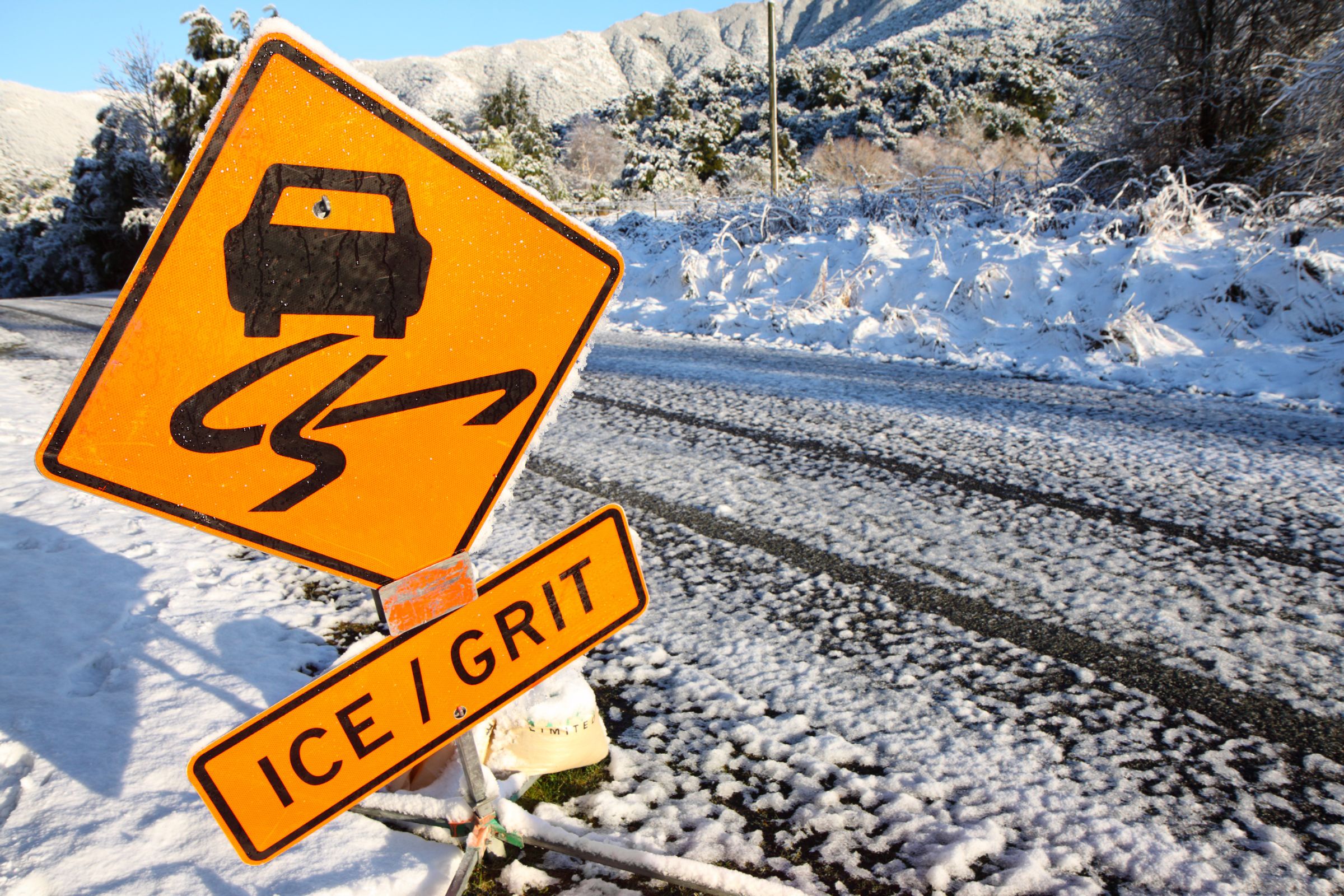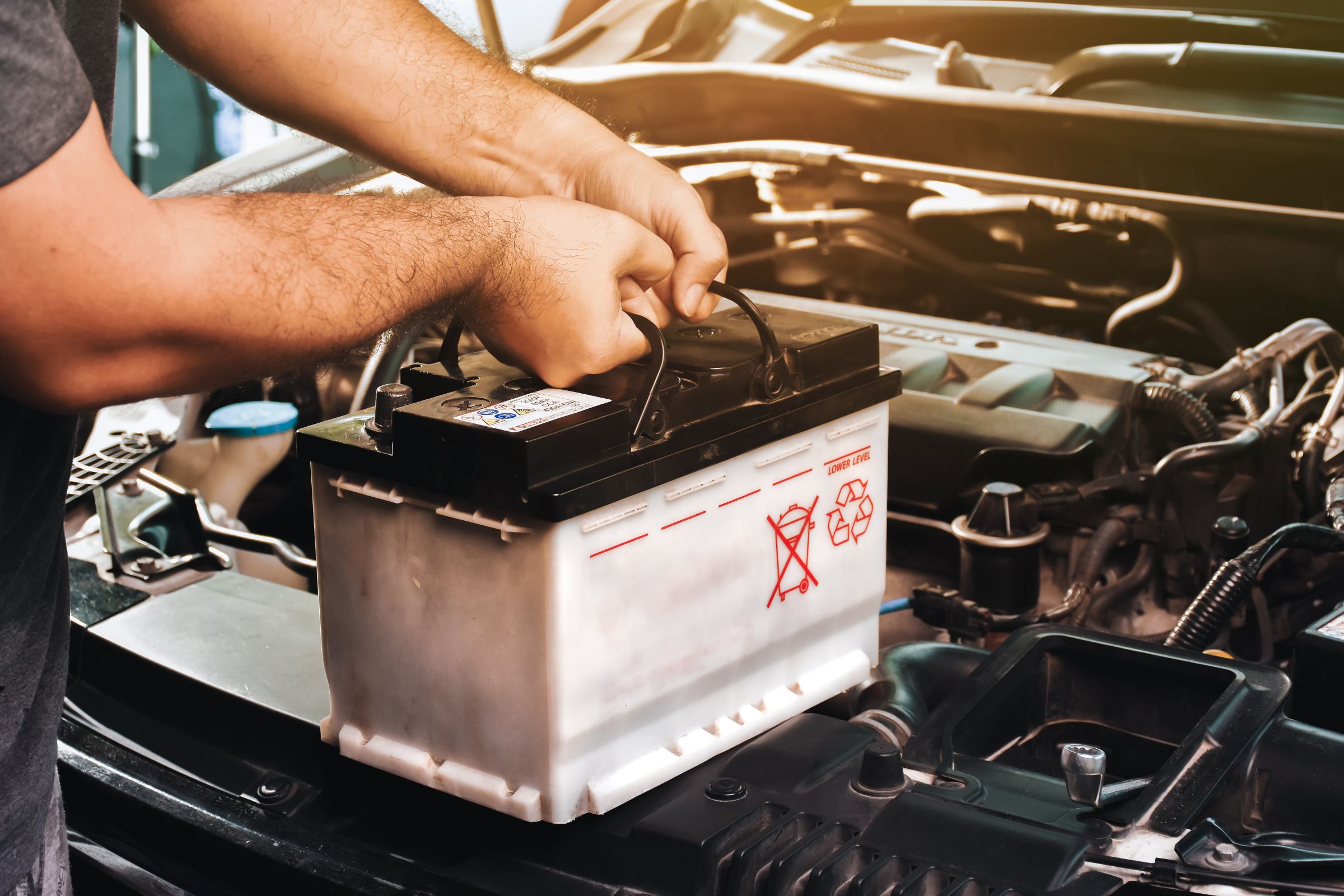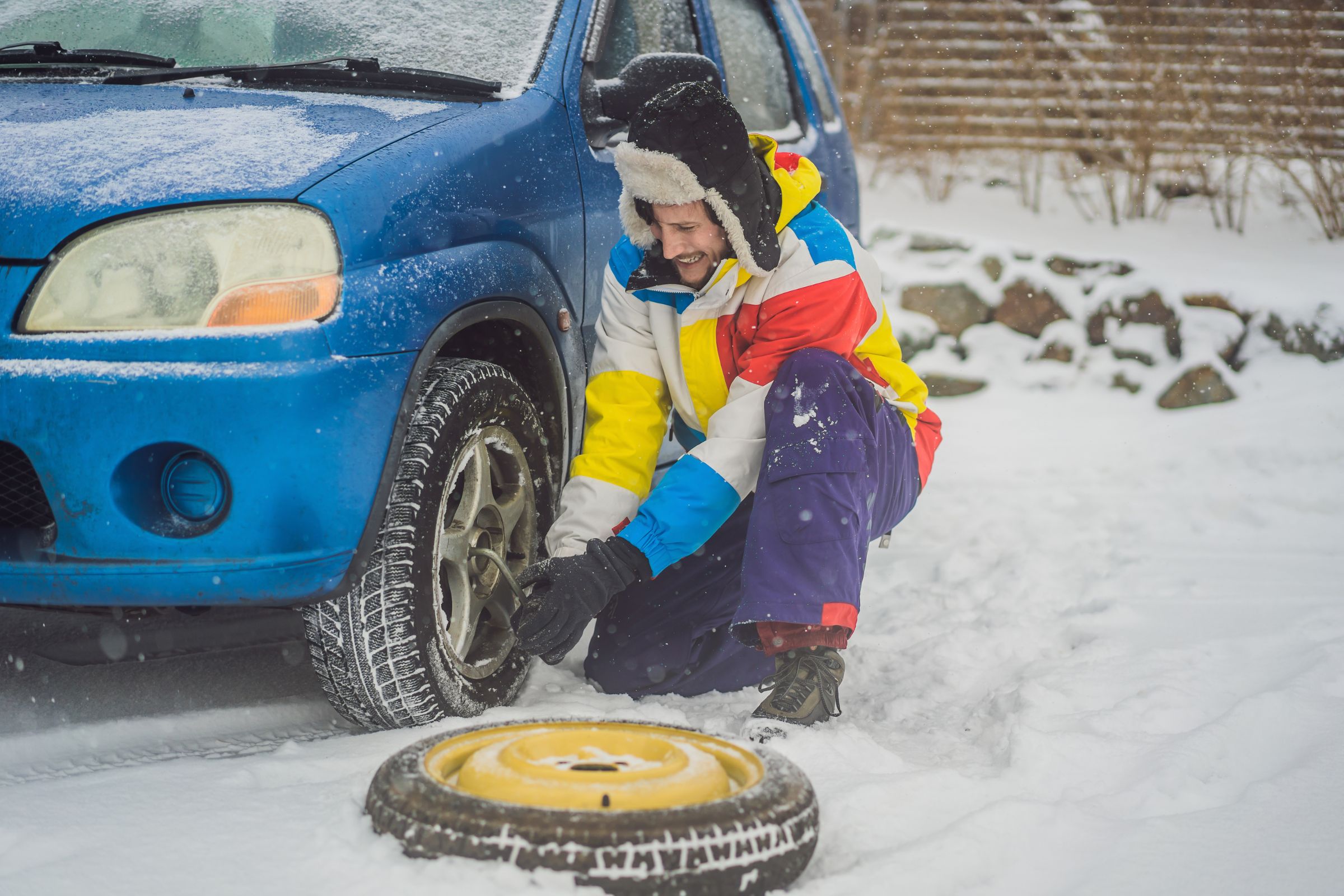As summer winds down and cooler weather approaches, it’s the perfect time for drivers in…

Essential Winter Driving Preparation: How to Get Your Car Ready for NJ Cold Weather and Icy Roads
As winter approaches in New Jersey, it’s essential to prepare for the unique challenges that come with driving in colder weather. From icy roads to low visibility and freezing temperatures, New Jersey winter road safety relies heavily on preparing your vehicle properly. In this guide, we’ll cover essential NJ winter car maintenance tips to ensure you’re ready for safe driving in NJ winter weather, with everything you need to know to stay safe and comfortable on the road this season.
Preparing Your Car for NJ Winter Conditions
Ensuring your car is winter-ready starts with a checklist of key maintenance tasks that address the specific challenges of cold weather driving in New Jersey. Here are some practical steps for preparing your car for NJ winter:
- Check and Replace Tires:
Winter tires or all-season tires with adequate tread depth are crucial for improved grip on icy or snowy roads. Make sure your tires are properly inflated, as cold weather can cause tire pressure to drop, impacting handling and braking. Tire care is one of the essential cold weather car care NJ drivers should prioritize. - Inspect the Battery:
Cold weather can place a lot of strain on your car’s battery. To avoid being stranded, check the battery’s age and power levels, ensuring it’s fully charged. If it’s more than three years old, it might be time to replace it before the coldest months arrive. - Ensure the Heating System Works:
A functional heating system isn’t just for comfort—it’s also crucial for defrosting and ensuring visibility. Test your car’s heating and defrost systems to ensure they’re in working order. - Maintain Antifreeze Levels:
Antifreeze is essential for preventing the engine from freezing in low temperatures. Check antifreeze levels in your radiator, and top it off if necessary to ensure your engine stays in peak condition all winter long.
Driving Tips for Winter Weather in NJ
Even with the best car maintenance, New Jersey drivers should take extra precautions when driving in icy or snowy conditions. Here are some key winter driving safety tips in NJ:
- Drive Slowly and Carefully:
Slippery roads make it harder to brake quickly. Reduce your speed, especially on wet or icy roads, to maintain control. Slowing down gives you extra time to react to sudden stops or changes in road conditions. - Keep a Safe Distance:
In winter conditions, increase the following distance between you and the car in front of you. Icy or snowy roads increase stopping distances, so having more space can prevent accidents in unexpected stops. - Brake Gently to Avoid Skidding:
Harsh braking on slick roads can cause skidding. Use gentle, gradual braking and if you feel the wheels start to lock, ease off the brake until you regain control. - Stay Cautious on Bridges and Overpasses:
These areas tend to freeze faster than regular roads. Approach them with extra caution to avoid sliding, even if other roads don’t appear icy.
Essential Items to Keep in Your Car During NJ Winter
An emergency kit is an important part of any NJ vehicle winter checklist. Having these items on hand can keep you safe in case of an unexpected stop or delay due to winter road conditions:
- Blankets and Warm Clothes:
In case of a breakdown, staying warm is essential. Keep blankets, gloves, and hats in your car for added warmth. - Snow Brush and Ice Scraper:
Ice and snow can accumulate on your windshield quickly. Having a snow brush and ice scraper allows you to clear windows and mirrors for better visibility. - Windshield Washer Fluid:
Ensure you have winter-grade washer fluid, which won’t freeze in the reservoir. Clear visibility is critical for winter driving safety, especially on snow-covered or slushy roads. - Flashlight and Extra Batteries:
Winter days are short, and being stranded after dark is even more challenging. A flashlight can be crucial if you need to check something outside your vehicle or signal for help. - Portable Phone Charger:
In emergencies, being able to call for assistance is essential. Keep a fully charged portable phone charger in your car in case your phone battery is low. - First-Aid Kit:
A basic first-aid kit is useful year-round but is especially important when driving in winter. Include bandages, antiseptics, and any necessary medications.
Conclusion
Preparing your car for winter weather isn’t just a good idea; it’s essential for safe driving in New Jersey’s coldest months. From following a practical vehicle winter checklist to understanding the best driving practices for icy roads, a little preparation goes a long way in ensuring safe, reliable winter driving. By focusing on NJ winter car maintenance tips and staying proactive with vehicle care, you can confidently handle New Jersey’s challenging winter road conditions. Make sure you and your car are ready for the season ahead—because staying safe on the road starts with smart preparation.



